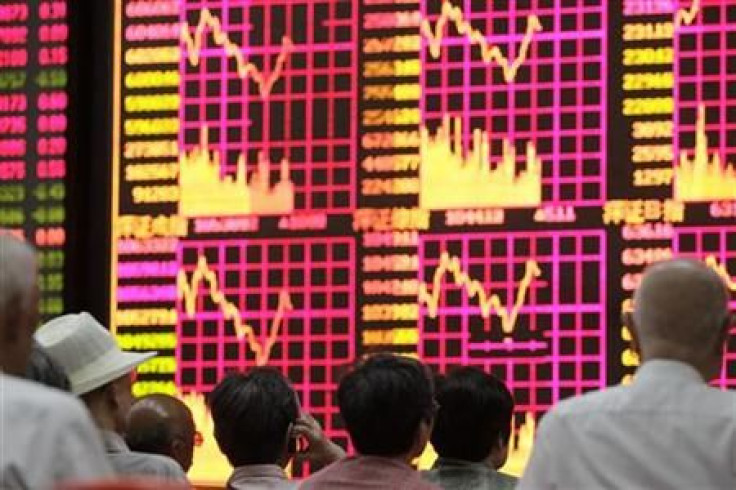Weekly Roundup: Asian Markets Mixed Amid Global Economic Worries

Asian markets were mixed in the week as investors maintained a cautious mode waiting to find if the debt crisis in the euro zone, which is weakening the global economic growth, will undermine the stimulus measures announced by policy makers around the world.
Japan's Nikkei 225 Stock Average fell 2.6 percent and closed at 8870.16. South Korea's Kospi Index dropped 0.3 percent and closed at 1996.21.
Market sentiment turned negative to know that disagreement continued to prevail between Germany and France over the formation of a banking union as part of the measures to overcome the debt burden faced by the euro zone.
During their meeting at Ludwigsburg in Germany Sunday, German Chancellor Angela Merkel and French President Francois Hollande gave statements which clearly brought forward the discord between the two countries over the plan to have a banking union.
Stressing that he supported a banking union, Hollande pointed out that its structure should be prepared at the earliest. However, Merkel made it clear that she was against doing anything very quickly. She stood for taking time to make sure that the banking union had a framework which could deliver good quality results.
Investor confidence was recovered after Spain announced budget cuts to control the rising debt pressure affecting the country’s economy. In its budget for 2013 presented Thursday, the Spanish government announced cuts on spending which is expected to slim down the deficit faced by the country. According to the government, the 7.3 percent cut on spending is expected to result in budget savings of 13 billion euros ($16.25 billion) in 2013.
The budget, which Deputy Prime Minister Soraya Saenz de Santamaria termed as a crisis budget designed to exit the crisis, also includes a freeze in public sector pay and a new independent authority to monitor the government finances.
Hong Kong's Hang Seng Index rose 0.5 percent and closed at 20840.38. China's Shanghai Composite Index climbed 2.9 percent and closed at 2086.17.
Investor confidence was lifted by hopes that China would soon announce monetary easing measures to rejuvenate the economic growth momentum. The net income of Chinese industrial companies continued to fall in August, indicating that stimulus measures were urgently needed to reinvigorate the country's weakening economy. According to data released by the National Bureau of Statistics Thursday, the profits made by Chinese industrial companies slumped 6.2 percent to 381.2 billion yuan ($60.4 billion) in August compared to that in the previous year.
India's BSE Sensex marginally rose 0.05 percent and closed at 18762.74. The week witnessed the Sensex sliding in the early part of the week and finally recovering Friday to end the week with marginal gain.
Standard & Poor's Ratings Services lowered Monday the economic growth rates for Asia Pacific, citing the reasons as the slowdown in China, continuing debt troubles in the euro zone and the weaker recovery in the U.S.
S&P reduced base case forecasts of 2012 real GDP growth by about half a percentage point for China to 7.5 percent, Japan to 2.0 percent, Korea to 2.5 percent, Singapore to 2.1 percent and Taiwan to 1.9 percent. They also revised their forecast down by about one percentage point each for Hong Kong (to 1.8 percent) and India (to 5.5 percent).
Major losers: Shares of Honda Motor Co plunged 7.8 percent. Shares of Nissan Motor Co declined 5.1 percent and those of Toyota Motor Corp dropped 5 percent.
© Copyright IBTimes 2024. All rights reserved.











